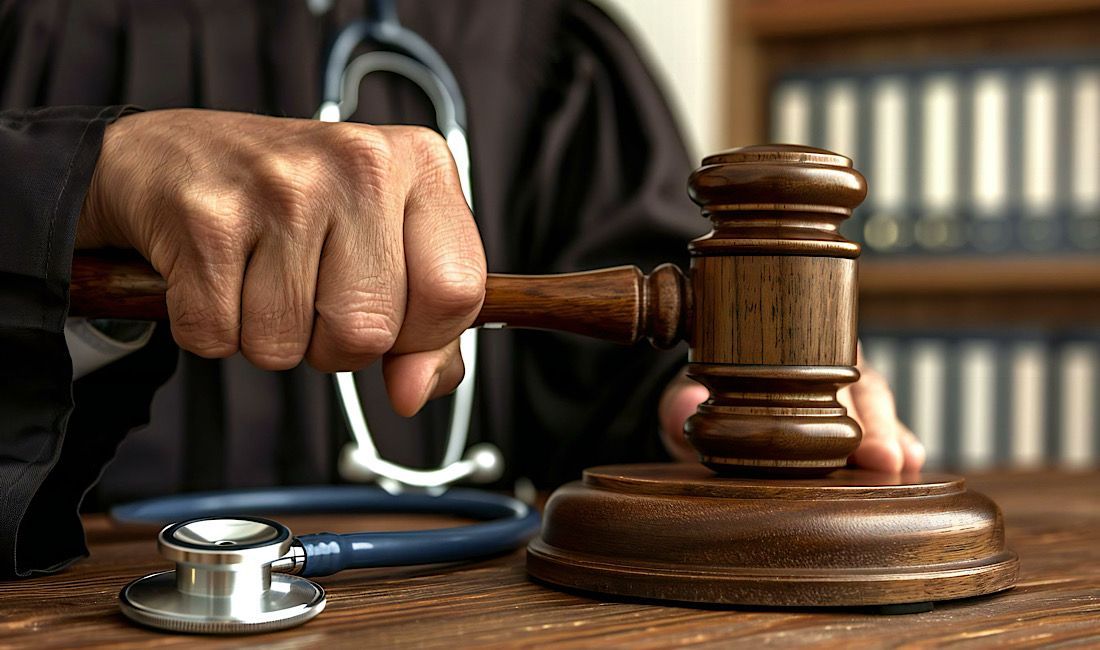The Importance of Documentation in Malpractice Claims

The Critical Role of Documentation in Medical Malpractice Claims
In the realm of medical malpractice claims, the significance of meticulous documentation cannot be overstated. This holds especially true in Pittsburgh, PA, where legal proceedings related to medical malpractice demand comprehensive and precise records. Frischman & Rizza, P.C., a renowned law firm in Pittsburgh, underscores the necessity of robust documentation in navigating the complexities of medical malpractice cases. The following discussion delves into the four most popular sub-topics related to the importance of documentation in malpractice claims: medical documentation, malpractice evidence, legal advice, and the role of expert testimony.
Medical Documentation
Medical documentation serves as the cornerstone of any malpractice claim. Detailed and accurate records provide a chronological account of patient care, which is crucial in establishing the sequence of events leading up to the alleged malpractice. These records include patient histories, diagnostic tests, treatment plans, progress notes, and discharge summaries.
Patient Histories: Comprehensive patient histories are essential in understanding the context of a patient's condition and the rationale behind medical decisions. They offer insights into previous treatments, allergies, and pre-existing conditions that might influence the current diagnosis and treatment.
Diagnostic Tests and Results: Documenting diagnostic tests, including imaging, blood work, and other investigations, is vital. These records reveal whether appropriate tests were conducted and if the results were accurately interpreted and communicated to the patient.
Treatment Plans and Progress Notes: Treatment plans should outline the proposed course of action, including medications, surgeries, and follow-up care. Progress notes track the patient's response to treatment and any modifications made to the original plan.
Discharge Summaries: Discharge summaries encapsulate the patient's hospital stay, treatments administered, and instructions for post-discharge care. These summaries are critical in ensuring continuity of care and can be pivotal in a malpractice claim if there is a discrepancy between the documented discharge plan and the care received afterward.
Malpractice Evidence
The collection and preservation of evidence are paramount in substantiating a malpractice claim. Evidence encompasses a wide range of documentation and materials that collectively build a case.
Medical Records: As previously mentioned, comprehensive medical records form the bulk of evidence. They provide an objective account of the medical care provided and help identify deviations from the standard of care.
Incident Reports: If an adverse event occurs, incident reports generated by healthcare facilities can offer valuable insights. These reports detail the circumstances surrounding the incident, immediate actions taken, and subsequent investigations.
Witness Statements: Statements from healthcare professionals involved in the patient's care, as well as from family members or other witnesses, can corroborate the sequence of events and highlight any lapses in care.
Expert Testimony: Expert witnesses play a crucial role in interpreting medical records and providing opinions on whether the standard of care was breached. Their testimony can bridge the gap between complex medical jargon and the legal standards required to prove malpractice.
Legal Advice
Navigating a malpractice claim necessitates specialized legal expertise. Frischman & Rizza, P.C. emphasize the importance of consulting with experienced malpractice attorneys who can provide strategic guidance and ensure that documentation is leveraged effectively.
Case Evaluation: An initial evaluation by a malpractice attorney involves a thorough review of the medical records and evidence to determine the viability of the claim. This step is crucial in identifying strengths and potential weaknesses in the case.
Statute of Limitations: Understanding the statute of limitations is essential, as malpractice claims must be filed within a specific timeframe. In Pennsylvania, the statute of limitations for medical malpractice is generally two years from the date of the incident or from the date the injury was discovered.
Filing the Claim: Properly filing a malpractice claim involves compiling all necessary documentation, drafting a complaint, and serving it to the defendants. This process requires meticulous attention to detail to avoid procedural errors that could jeopardize the claim.
Negotiation and Settlement: Many malpractice claims are resolved through negotiation and settlement rather than going to trial. Effective legal representation can negotiate favorable settlements, ensuring that the patient's rights and interests are protected.
The Role of Expert Testimony
Expert testimony is indispensable in medical malpractice claims. Experts provide an objective analysis of the medical care provided and offer opinions on whether the standard of care was met.
Qualifications and Credibility: Selecting a qualified expert with credibility in the relevant medical field is crucial. The expert's background, experience, and previous testimony can significantly influence the weight of their opinion in court.
Standard of Care: Experts define the standard of care, which is the level of care that a reasonably competent healthcare professional would provide under similar circumstances. They evaluate the medical records and determine if the standard was breached.
Causation and Damages: Establishing causation, or the link between the breach of the standard of care and the patient's injury, is critical. Experts must demonstrate that the injury would not have occurred but for the healthcare provider's negligence. Additionally, they assess the extent of the damages, including physical, emotional, and financial impacts on the patient.
Testimony Preparation: Preparing the expert for deposition and trial involves a thorough review of the case and the development of clear, concise, and persuasive testimony. Effective communication skills are essential, as the expert must convey complex medical concepts in a manner that is understandable to the court and jury.
In summary, the importance of documentation in malpractice claims cannot be overstated. Comprehensive medical documentation, diligent collection of evidence, expert legal advice, and persuasive expert testimony are all critical components in substantiating a medical malpractice claim. Frischman & Rizza, P.C. in Pittsburgh, PA, stands as a testament to the significance of these elements in achieving favorable outcomes for their clients. By emphasizing meticulous documentation and strategic legal guidance, they ensure that the rights of patients are upheld and that justice is served.





